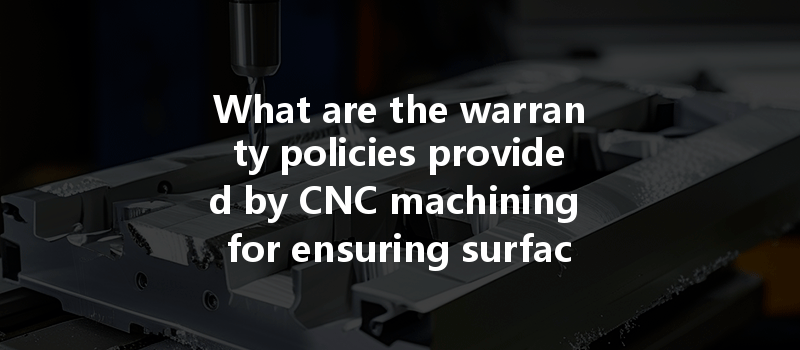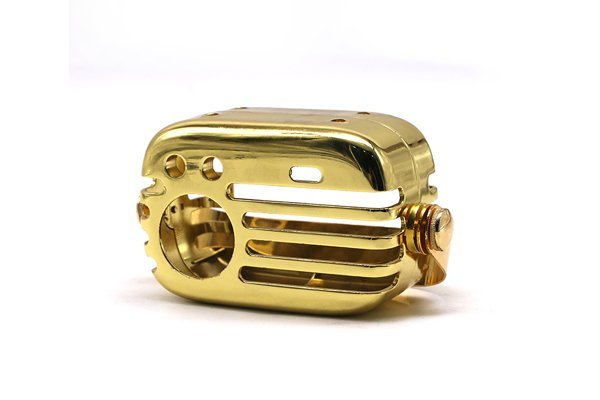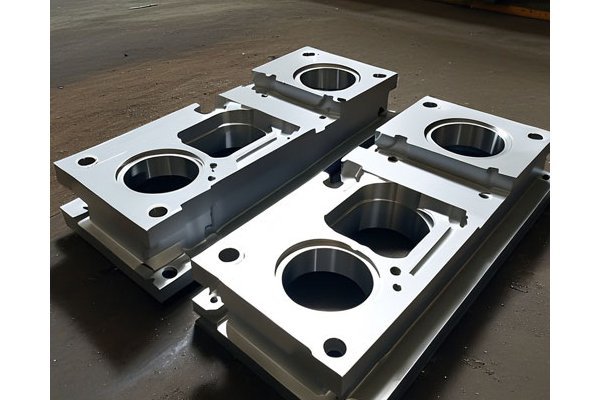Did you know that nearly 70% of manufacturing defects can be traced back to inadequate surface treatments? This startling statistic highlights the essential role that surface treatments play in ensuring product quality. In the world of CNC (Computer Numerical Control) machining, surface treatment is not just an aesthetic function; it directly influences a component’s longevity, performance, and overall reliability. Understanding the warranty policies related to these treatments is crucial for manufacturers and customers alike.
In this comprehensive guide, we will explore the warranty policies that CNC machining companies typically offer to ensure surface treatment quality. We’ll delve into what customers should look for, the standards adhered to, and effective monitoring methods for surface treatments, along with how these warranties protect both the manufacturer and the client.
Before we delve into warranty policies, it’s essential to comprehend why surface treatment quality is critical in CNC machining. Surface treatments enhance corrosion resistance, improve wear characteristics, reduce friction, and can also provide aesthetically pleasing finishes. Not investing in quality treatments can lead to significant performance issues such as premature wear and failure, resulting in costly replacements and repairs.
1.1 The Impact of Surface Treatments on Performance
When it comes to warranties in CNC machining, they typically cover aspects related to functionality and quality. Here’s what to consider:
2.1 Warranty Duration
Warranties can vary significantly in length, often influenced by types of materials and the specific processes involved. A standard warranty might last from six months to several years. Customers should inquire about warranty terms upfront, including:
2.2 Scope of Warranty
Warranties can cover a variety of components concerning surface treatment, including:
2.3 Limitations and Exclusions
Understanding what is not covered under the warranty can be equally crucial. Limiting factors often include:
Warranty policies are closely tied to adhering to industry standards, which provide a benchmark for quality assurance.
3.1 Role of ISO Standards
International Organization for Standardization (ISO) standards set rigorous guidelines for various manufacturing processes, including CNC machining. Compliance with these standards often goes hand in hand with warranty assurances. Companies that follow ISO 9001, for example, tend to have robust quality management systems that ensure high-quality surface treatments.
3.2 Quality Assurance Programs
Additionally, other industry standards like IATF 16949 for automotive manufacturers focus specifically on quality assurance in the manufacturing process. When companies comply with these standards, it strengthens the credibility of warranty claims.
Embedded within warranty policies are procedures and practices that manufacturers adopt to ensure surface treatment quality.
4.1 Quality Control Checks
Manufacturers implement a series of quality control checks throughout the surface treatment process:
4.2 Sampling Procedures

Testing random samples of treated products can provide insights into the quality of the entire batch. Techniques such as salt spray tests can assess corrosion resistance effectively.
4.3 Real-Time Monitoring
In modern CNC machining environments, advanced real-time monitoring through automation helps detect faults during surface treatment applications, thereby protecting warranty claims.
When considering CNC machining services, it is vital for customers to take specific steps to ensure they choose a provider offering substantial warranty policies for surface treatments.
5.1 Research and Reviews
Look for reviews or testimonials detailing previous clients’ experiences regarding surface treatment warranties. A pattern of positive feedback often indicates a reliable provider.
5.2 Asking the Right Questions
Customers should prepare a list of essential questions to ask potential CNC machining service providers, such as:
5.3 Evaluate Past Projects
Request case studies or examples of past projects that highlight the company’s experience in providing quality surface treatments aligned with warranty expectations.
Once a suitable manufacturer’s services have been selected, the next crucial step involves documenting the agreement between the customer and providers regarding warranties.
6.1 Written Agreements
A written warranty agreement provides clarity for both parties, outlining expectations and responsibilities.
6.2 Documentation of Compliance
Request documentation detailing the processes, materials, and treatments used so that you have records if issues arise.
Despite the best efforts, issues can still arise within the warranty period. Here is how to handle warranty claims effectively:
7.1 Identifying Warranty Issues
The first step is to accurately identify whether the fault lies within the surface treatment and if it is indeed under warranty coverage.
7.2 Notification Process
Notify the CNC machining provider promptly, preferably within the timeframe specified in the warranty agreement. Include:
7.3 Follow Up
Maintain regular communication with the service provider as the claim is processed to ensure resolutions are reached without unnecessary delays.
In summary, understanding warranty policies related to surface treatment quality is critical for anyone involved in CNC machining, whether you are a manufacturer or a customer. By prioritizing quality assurance through adherence to industry standards and implementing robust monitoring methods, manufacturers can enhance warranty offerings and reassure clients of their commitment to product quality.
As we’ve explored throughout the article, ensuring clarity and service continuity regarding warranty claims can save time and money, prevent production disruptions, and enhance overall satisfaction.
Investing in quality surface treatments and understanding the warranties that back them is not just a smart business decision; it is essential for fostering long-lasting partnerships and maintaining operational integrity. In the ever-competitive landscape of manufacturing, prioritizing surface treatment quality is not only wise—it is necessary for sustained success.
Now that you are armed with the knowledge about CNC machining warranty policies focusing on surface treatment quality, take it into consideration as you make your next procurement decision. Your product’s reliability—and ultimately, your business’s reputation—may depend on it.






